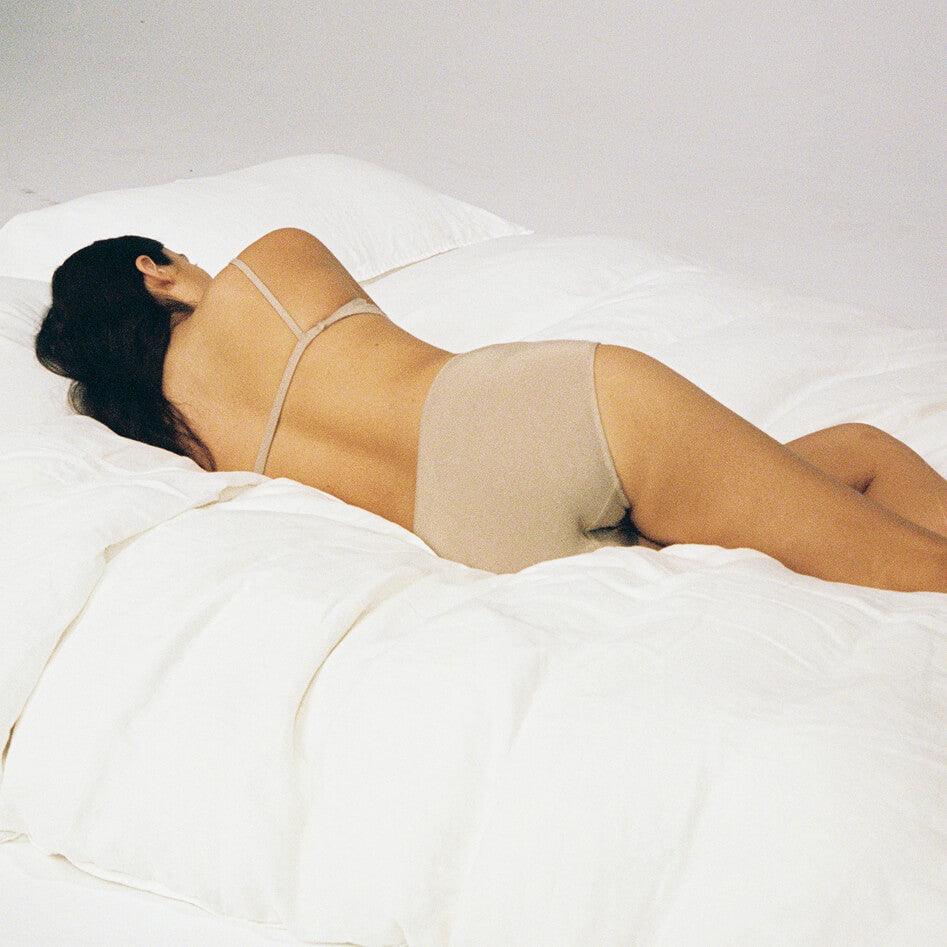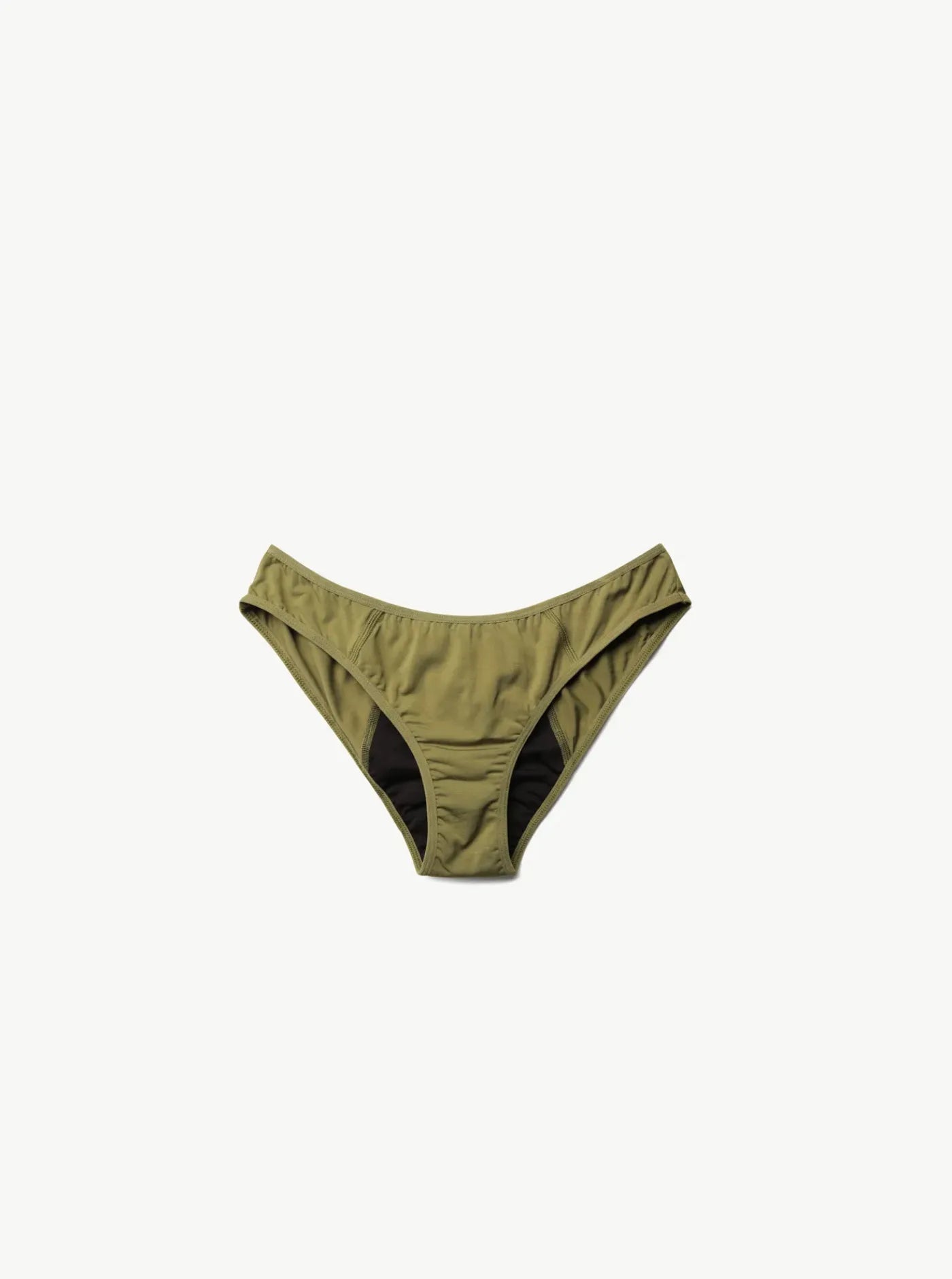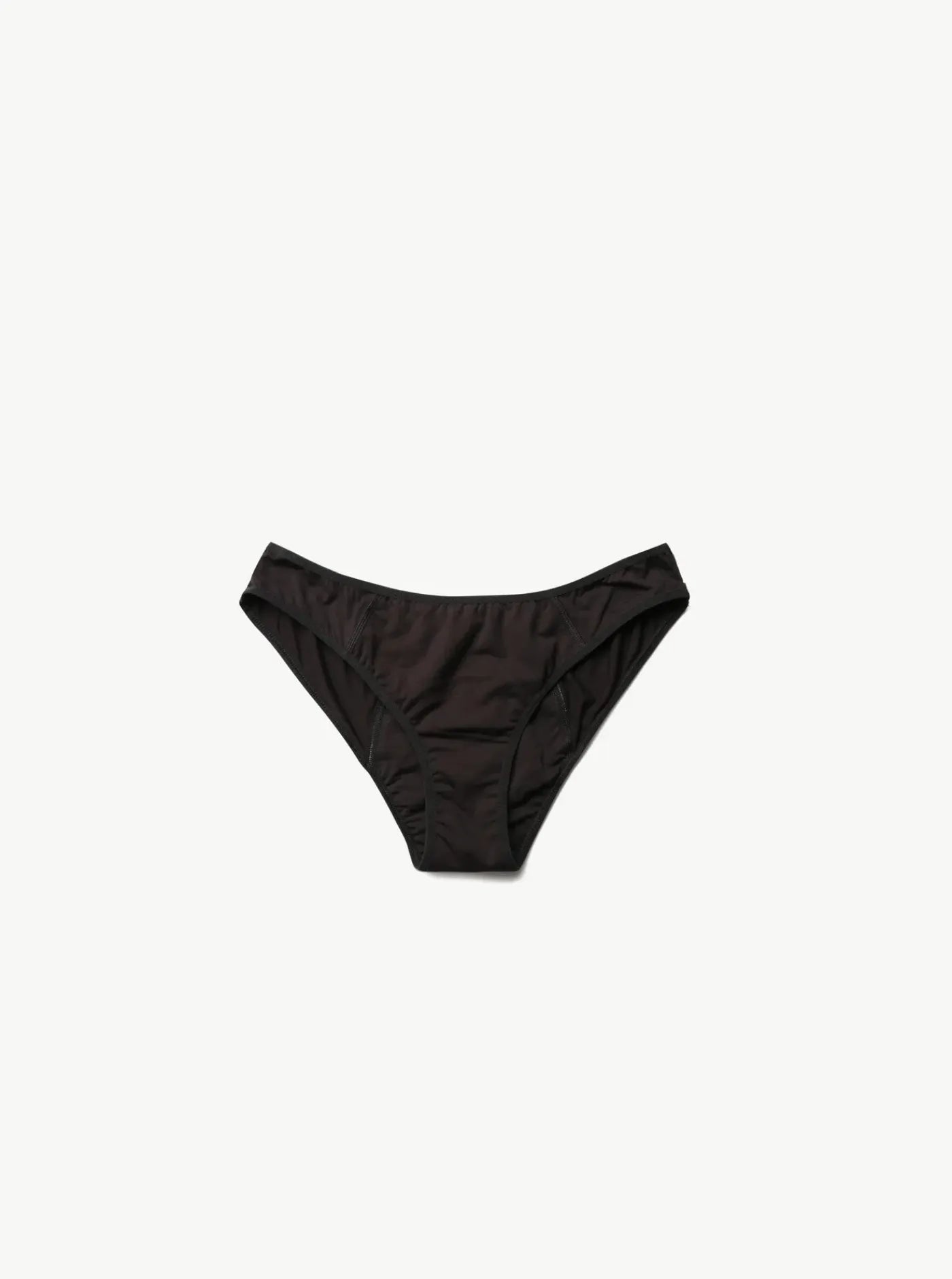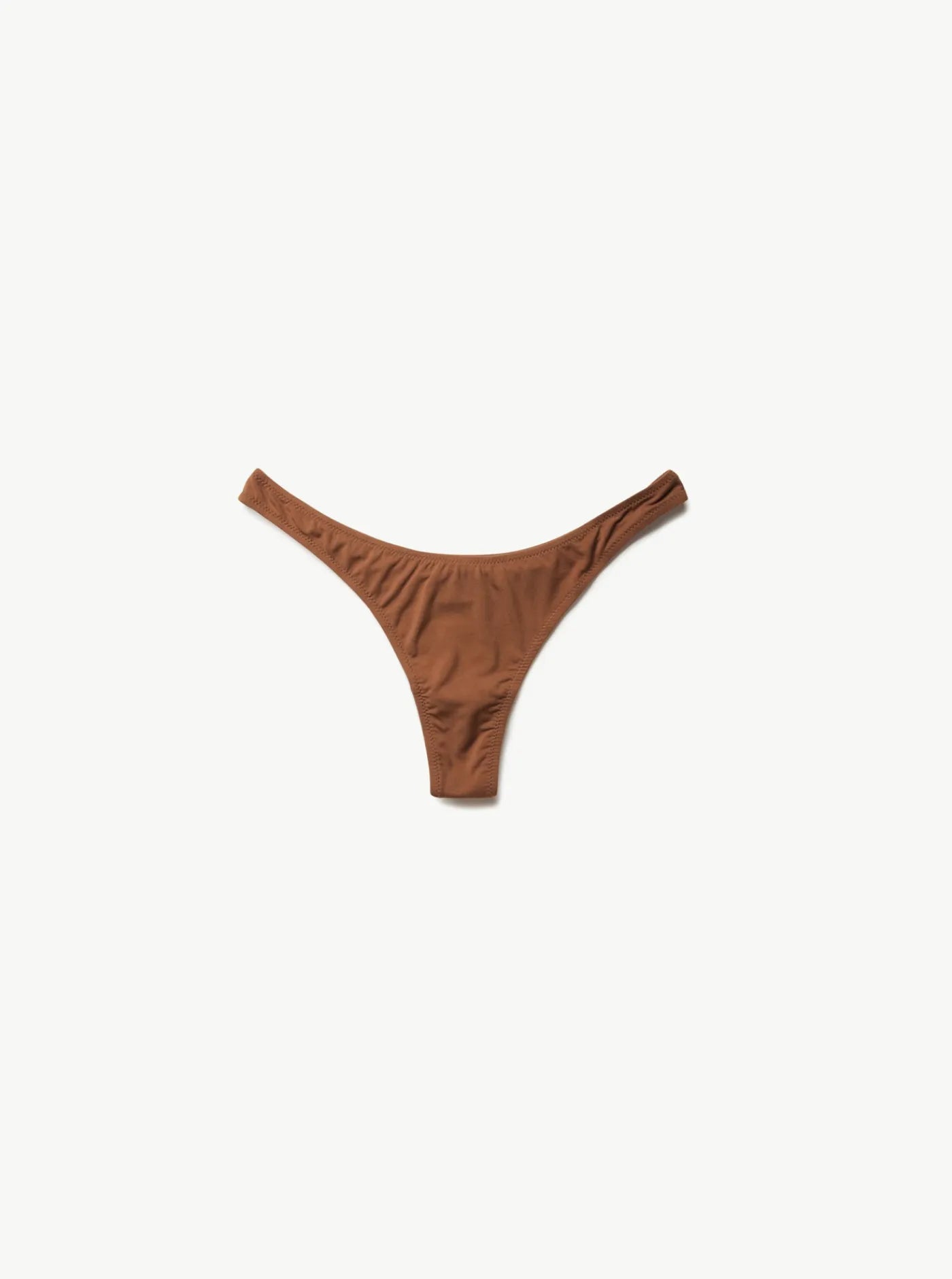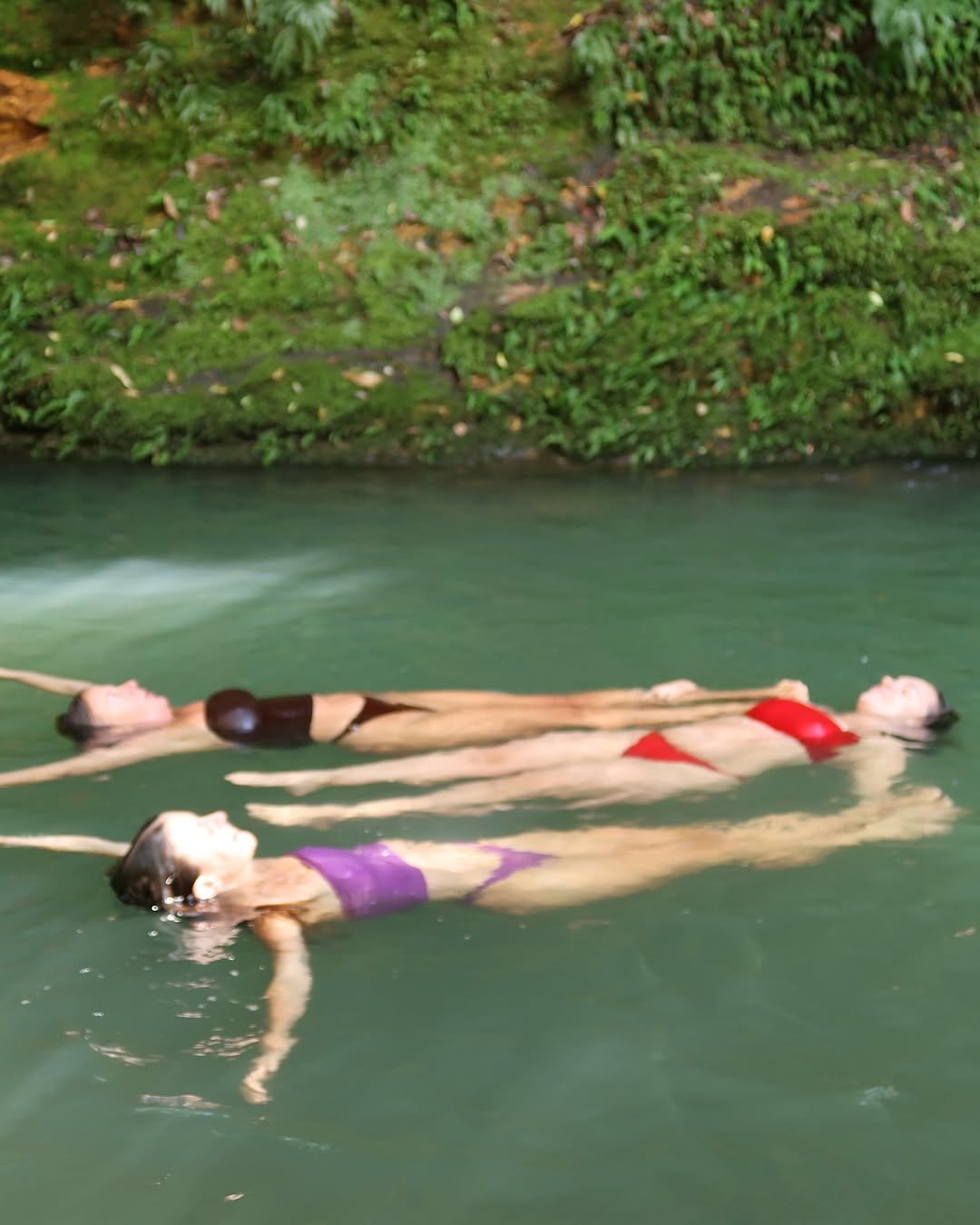Cold water has a way of bringing us into the present. It’s immediate, physical, and honest. And for many, it’s become a steady practice—not just for the body, but for the mind. In an age where mental health is at the forefront of our well-being, cold water therapy is emerging as a simple yet profound tool to help improve emotional clarity, reduce stress, and boost resilience.
Cold water therapy involves exposing the body to cold—whether through showers, ocean swims, rivers, or ice baths. It’s a practice rooted in tradition, now being explored more deeply for its impact on both physical and mental health.
How it works
When the body encounters cold water, it triggers an immediate physiological response. Heart rate increases. Blood vessels constrict. The breath deepens. This shock to the system activates the release of endorphins—our body’s natural mood-lifters—which can leave us feeling more awake, alert, and clear-headed.
But the mental health benefits don’t stop there. Cold exposure also stimulates the vagus nerve, which plays a key role in regulating our nervous system. This can help us shift from a heightened state of stress to a calmer, more balanced state. In fact, research suggests that regular cold exposure can reduce symptoms of anxiety and depression over time, providing a natural way to strengthen emotional resilience.
Cold water therapy doesn’t erase challenges or replace professional care—but it can be an additional practice that creates space for the mind to reset. It’s a tool that, when used regularly, can help us better manage stress, improve mood stability, and increase overall emotional well-being.
Building a simple ritual
Cold water therapy doesn’t have to be extreme or daunting. In fact, a gradual approach is often the most effective. Start with something as simple as a 30-second cold rinse at the end of your shower. From there, you can gradually build the practice to suit your body and your needs. It’s not about pushing through discomfort—it’s about learning to meet it with awareness, noticing what shifts, and allowing the experience to anchor you in the present moment.
Consistency is key. Over time, even short bursts of cold exposure can have a powerful impact. The cold offers a way to recalibrate—not only physically but emotionally—by creating a moment of pause and clarity in an otherwise busy or overwhelming day.
A small practice with big impact
Mental health can be complex, and it often feels like there’s no single solution. But sometimes, the most powerful shifts come from simple, consistent practices. Cold water therapy offers a way to ground ourselves, reset our nervous system, and find a sense of calm amidst life’s natural fluctuations.
Whether you're looking for a new tool to manage anxiety, improve focus, or simply create space for a mental reset, cold water therapy might be a practice worth exploring. It’s a reminder that mental wellness doesn’t always have to be complicated—it can start with something as simple as a deep breath and a cold splash of water.



